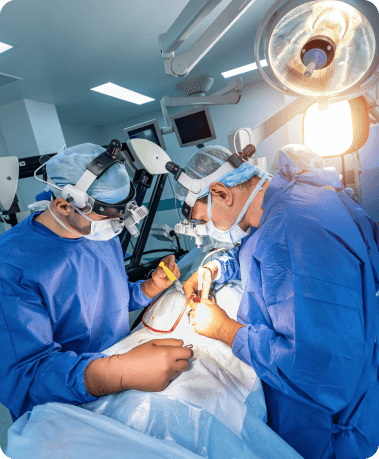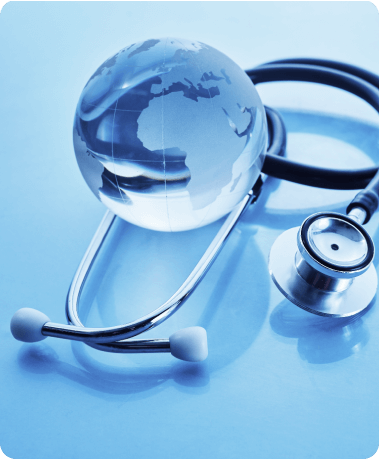
When some patients begin feeling unwell, they start to self-medicate or ignore directions from their physician or pharmacist. However, keep in mind that everything has a reason, and if your doctor gives you certain guidelines, it is essential to follow them. Here are three important reasons why you must follow instructions carefully:
1. Helps prevent the generation of ultra-resistant organisms
Bacteria, parasites and other microorganisms mutate genetically and become more resistant, making it more difficult for drugs to work against them. According to data from the Centers for Disease Control and Prevention (CDC), antibiotic-resistant infections occur annually in the United States, resulting in more than 35,000 deaths..
Although genetic mutations are naturally occurring, one of the causes for these mutations to occur at an accelerated rate is the misuse and overuse of antibiotics and antimicrobials in humans, animals and plants.
For this reason, antibiotics should only be used under medical prescription and the treatment must be completed.


2. May prevent you from having complications when undergoing surgery
When undergoing surgery, the body is exposed to multiple microorganisms that doctors control with antibiotics. If antibiotics become less effective as microorganisms become resistant, major surgeries and treatments can pose a very high risk of infection.
In addition, when the body becomes resistant to antibiotics, treating common conditions such as Escherichia coli (urinary tract infections) or respiratory infections caused by Streptococcus pneumoniae or Haemophilus influenzae can be difficult to tackle and require more complex and costly treatments.
According to the Pan American Health Organization (PAHO), this also translates into higher medical costs, more intensive care and longer hospital stays.
3. Helps preserve global public health
If microorganisms become increasingly resistant to antibiotics, it will be increasingly difficult to fight diseases. According to PAHO, antimicrobial drug resistance (AMR), which includes antibiotics, antivirals, antifungals, and antiparasitics, is a major threat to public health, food security, and development worldwide.
In 2019, AMR was linked to nearly five million deaths worldwide. Moreover, according to the World Organization for Animal Health (WOAH), if left unchecked, it “could lead to a GDP shortfall of USD 3.4 trillion annually over the next decade and push an additional 24 million people into extreme poverty.”

Sources:





